A historic advisory opinion by the International Court of Justice on states' obligations regarding climate change: Protecting the environment from greenhouse gas emissions and acting with due diligence and cooperating to fulfill this obligation.

- Europe and Arabs
- Thursday , 24 July 2025 11:25 AM GMT
The Hague: Europe and the Arabs
The International Court of Justice (ICJ) has issued an advisory opinion on states' obligations regarding climate change. The court ruled in its opinion that states are obligated to protect the environment from greenhouse gas emissions and to act with due diligence and cooperation to fulfill this obligation.
This includes the obligation under the Paris Agreement to limit the temperature increase to 1.5 degrees Celsius above pre-industrial levels.
The court, based in The Hague, Netherlands, also ruled that if states violate these obligations, they bear legal responsibility and may be required to cease the wrongful conduct, provide guarantees of non-repetition, and pay full reparations, depending on the circumstances. According to a statement issued by the court's headquarters in The Hague, a copy of which we received,
The Secretary-General's Welcome
United Nations Secretary-General António Guterres welcomed the court's historic advisory opinion. In a statement attributed to his spokesperson's office, he described the move as "a victory for our planet, for climate justice, and for the power of youth to effect change," according to the UN Daily News bulletin this morning.
He noted that Pacific Island youth had initiated this humanitarian call to the world, stressing that the world must respond.
As the International Court of Justice explained today, Guterres emphasized that the 1.5°C target set out in the Paris Agreement must be the basis for all climate policies under the current UN Framework Convention on Climate Change regime.
The Court's Reasoning
The Court relied on Member States' obligations under both environmental and human rights treaties to justify this decision. It explained that Member States are parties to a variety of environmental treaties—including the ozone layer treaties, the Convention on Biological Diversity, the Kyoto Protocol, the Paris Agreement, and many others—which oblige States to protect the environment for people around the world and for future generations. The Court further reasoned that, since “a clean, healthy, and sustainable environment is a prerequisite for the enjoyment of many human rights,” and since States Parties to numerous human rights treaties—including the United Nations Universal Declaration of Human Rights—are obligated to ensure the enjoyment of these rights by addressing climate change.
Background
In September 2021, Vanuatu, a Pacific island nation, announced that it would seek an advisory opinion from the Court on climate change. This initiative was inspired by a youth group called “Pacific Island Students Fighting Climate Change,” which emphasized the need to address climate change, particularly in small island states.
After Vanuatu lobbied other UN Member States to support this initiative in the General Assembly, the Assembly adopted a resolution on 29 March 2023 requesting an advisory opinion from the International Court of Justice on two questions:
What are States’ obligations under international law to ensure environmental protection?
What are the legal consequences for States under these obligations when they cause environmental damage?
The UN Charter allows the General Assembly or the Security Council to request an advisory opinion from the International Court of Justice (ICJ). Although advisory opinions are not binding, they carry significant legal and moral authority and help clarify and develop international law by defining the legal obligations of states.
This is the largest case ever heard by the ICJ, as evidenced by the 91 written statements and the 97 states that participated in oral deliberations.
"The World Court"
The International Court of Justice, informally known as the "World Court," settles legal disputes between UN member states and issues advisory opinions on legal questions referred to it by UN organs and agencies.
It is one of the six principal organs of the United Nations, along with the General Assembly, the Security Council, the Economic and Social Council, the Trusteeship Council, and the Secretariat. Of the six bodies, the ICJ is the only one based outside New York.



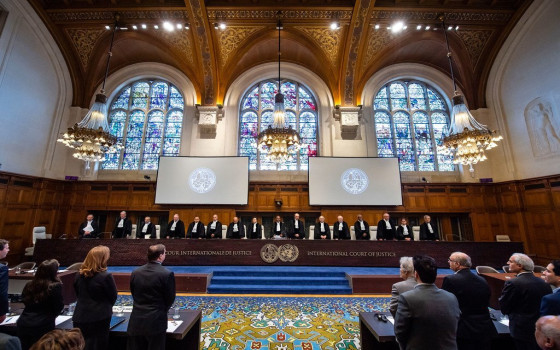
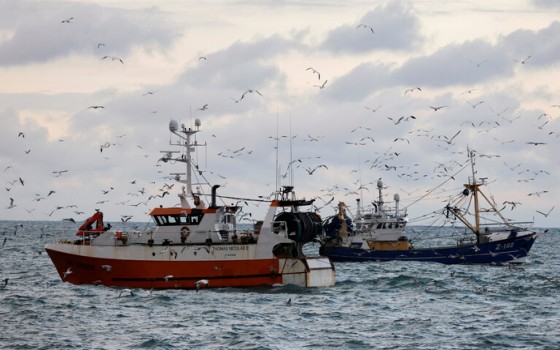

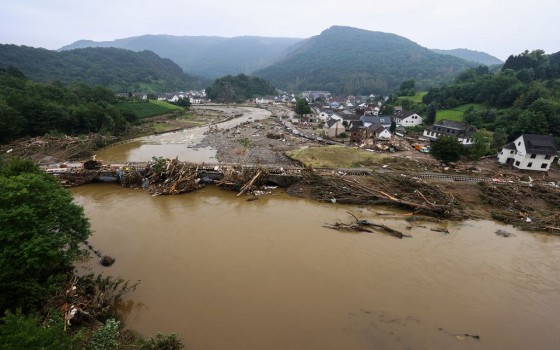
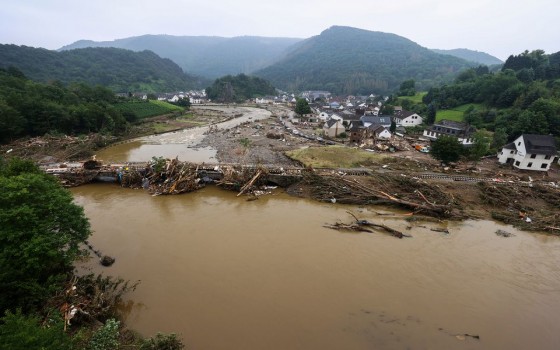


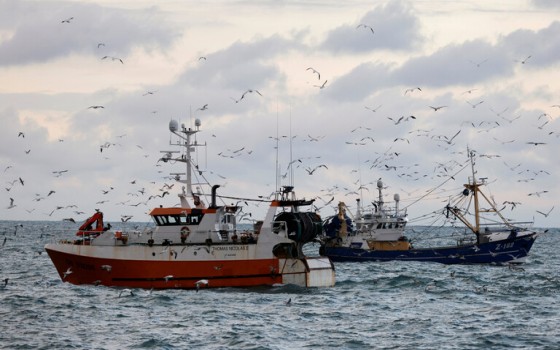



No Comments Found